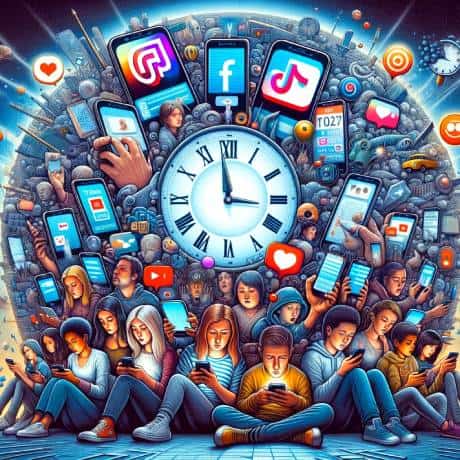Did you know that your beloved morning beverages might be more than just an energy boost? Yes, we’re talking about coffee and tea, and their surprising effects on nutrient absorption! 🤓💡
Why It Happens
Both coffee and tea contain caffeine and other compounds like tannins. These can:
🔗 Bind to certain minerals (like iron and calcium), preventing your body from using them.
💧 Act as diuretics, leading to increased excretion of water-soluble vitamins (like B-vitamins and vitamin C).
Issues with Coffee
☕️ Increased calcium excretion with each cup.
🚫 Potential depletion of B-vitamins due to diuretic effect.
🧲 Magnesium absorption may be hindered.
Issues with Tea
🍵 Iron absorption is notably affected, especially with green tea.
🔒 May impact calcium utilization.
🌀 Some teas can lower the concentration of certain vitamins.
How to Avoid This
⏰ Enjoy your coffee or tea a few hours before or after your meals to prevent interference with nutrient absorption.
🍊 Consider adding a vitamin C source to your meals to enhance iron absorption.
🥤 Stay hydrated to counteract the diuretic effects.
🍵 Moderation is key, and in some cases, reducing or even stopping the consumption of coffee or tea may be beneficial.
Remember, balance is key! Adjusting when you indulge just slightly can lead to health rewards. 🌞🌿
Optimal Timing for Coffee and Tea Consumption
🕒 Why Wait 60 to 90 Minutes After Waking Up?
Did you know that the timing of your first sip of coffee or tea can be just as crucial as what you drink? It’s recommended to enjoy your coffee or tea about 60 to 90 minutes after waking up.
Here’s why…
1️⃣ Cortisol Peak in the Morning:
- Upon waking, your body experiences a natural surge in cortisol, the stress hormone, which helps you feel awake and alert.
- This cortisol peak typically occurs within 30 to 60 minutes of waking up.
2️⃣ Interaction with Caffeine:
- Caffeine, a key component in both coffee and tea, can stimulate further cortisol production.
- Drinking coffee or tea during the cortisol peak might lead to excessive cortisol levels, which can heighten feelings of anxiety or stress.
3️⃣ Maximizing the Effects of Caffeine:
- By waiting until the natural cortisol peak subsides, you allow the caffeine in your coffee or tea to be more effective.
- This timing can lead to a more pronounced boost in energy and alertness, as the body is moving past its natural wake-up phase.
4️⃣ Reducing Potential Health Risks:
- Consistently high cortisol levels can have adverse health effects, such as impaired immune function and increased risk of chronic diseases.
- Timing your coffee or tea intake helps in maintaining a healthier cortisol balance.
🌞 Starting Your Day on the Right Note:
So, next time you wake up reaching for that cup of coffee or tea, consider waiting a bit. By aligning your coffee or tea time with your body’s natural rhythms, you’re not just enjoying a morning ritual.
FAQs for Tea and Coffee Drinkers
 Can drinking coffee or tea on an empty stomach cause problems?
Can drinking coffee or tea on an empty stomach cause problems?
Yes, both can increase stomach acid, which might lead to discomfort or digestive issues for some people.
Are there any risks associated with excessive coffee or tea consumption?
Yes, too much caffeine can lead to anxiety, sleep disturbances, heart palpitations, and other health issues.
Does adding milk to tea or coffee affect their health benefits?
Milk can bind with some antioxidants in tea and coffee, potentially reducing their effectiveness.
Are there benefits to drinking coffee or tea without sugar?
Yes, avoiding added sugars reduces calorie intake and the risk of tooth decay.
Can switching from coffee to tea reduce anxiety symptoms?
It might help, as tea generally has less caffeine than coffee, and high caffeine intake can exacerbate anxiety.





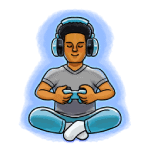
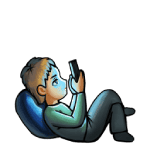


 Snacks
Snacks Water
Water Eye Sight
Eye Sight Hearing
Hearing

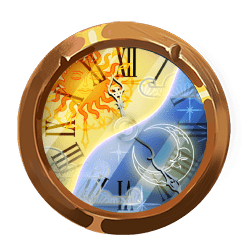

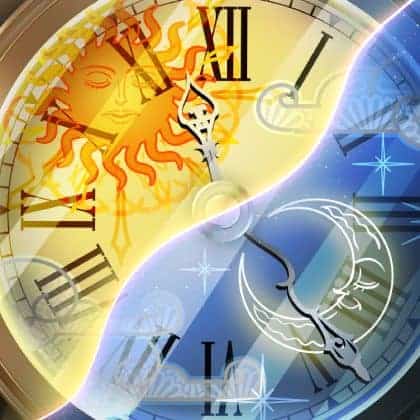




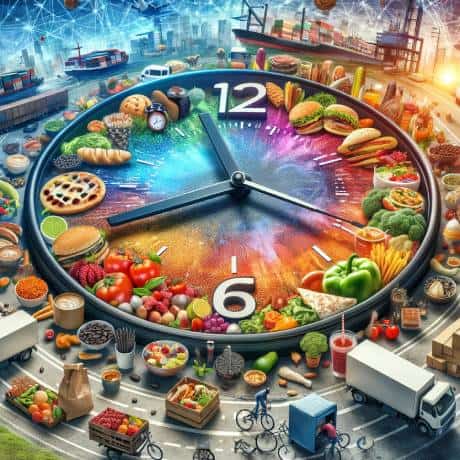








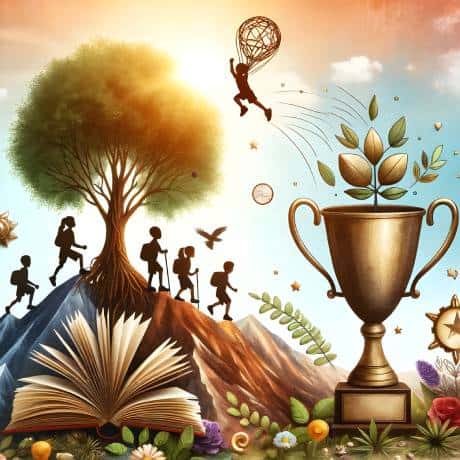




 Can drinking coffee or tea on an empty stomach cause problems?
Can drinking coffee or tea on an empty stomach cause problems?

